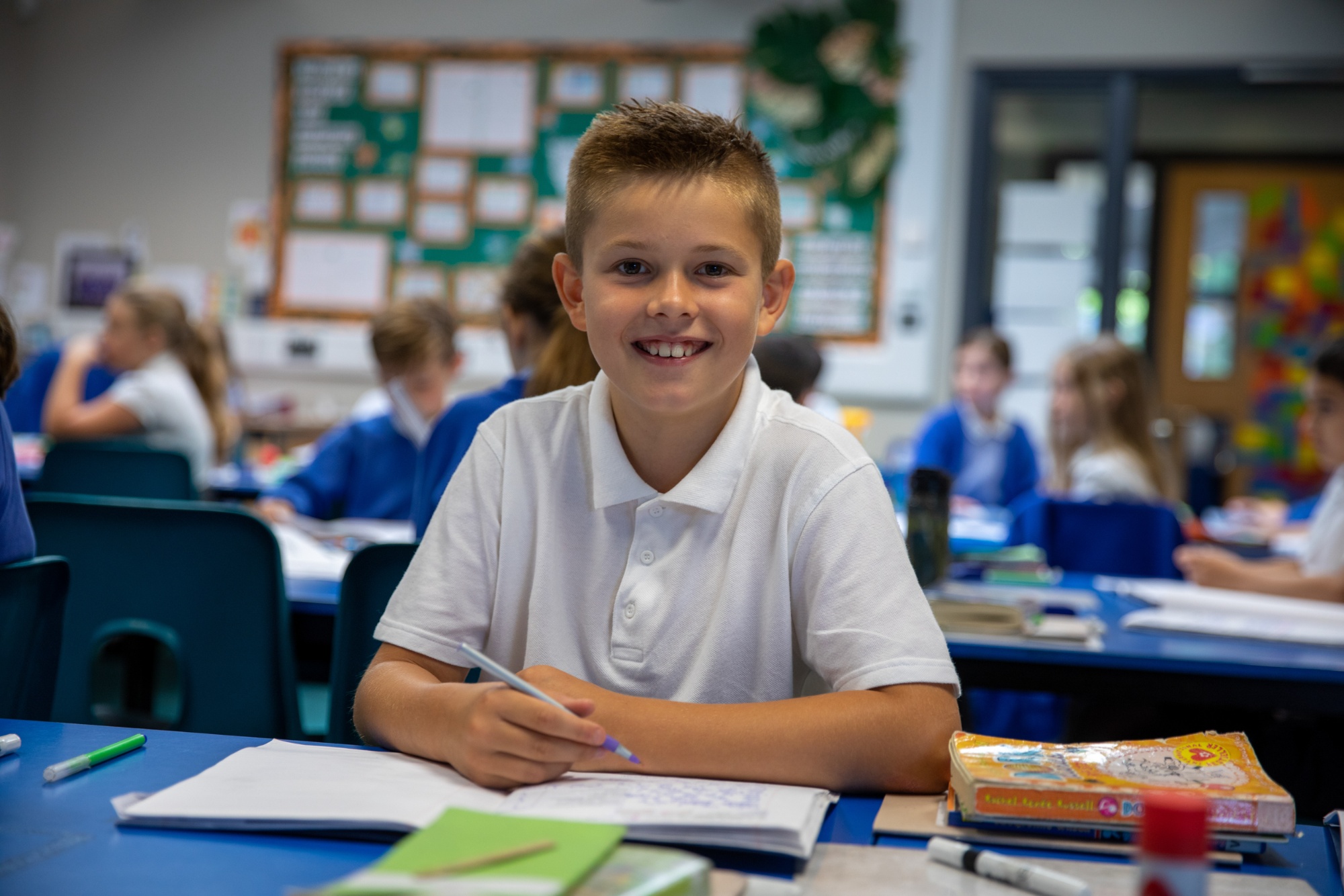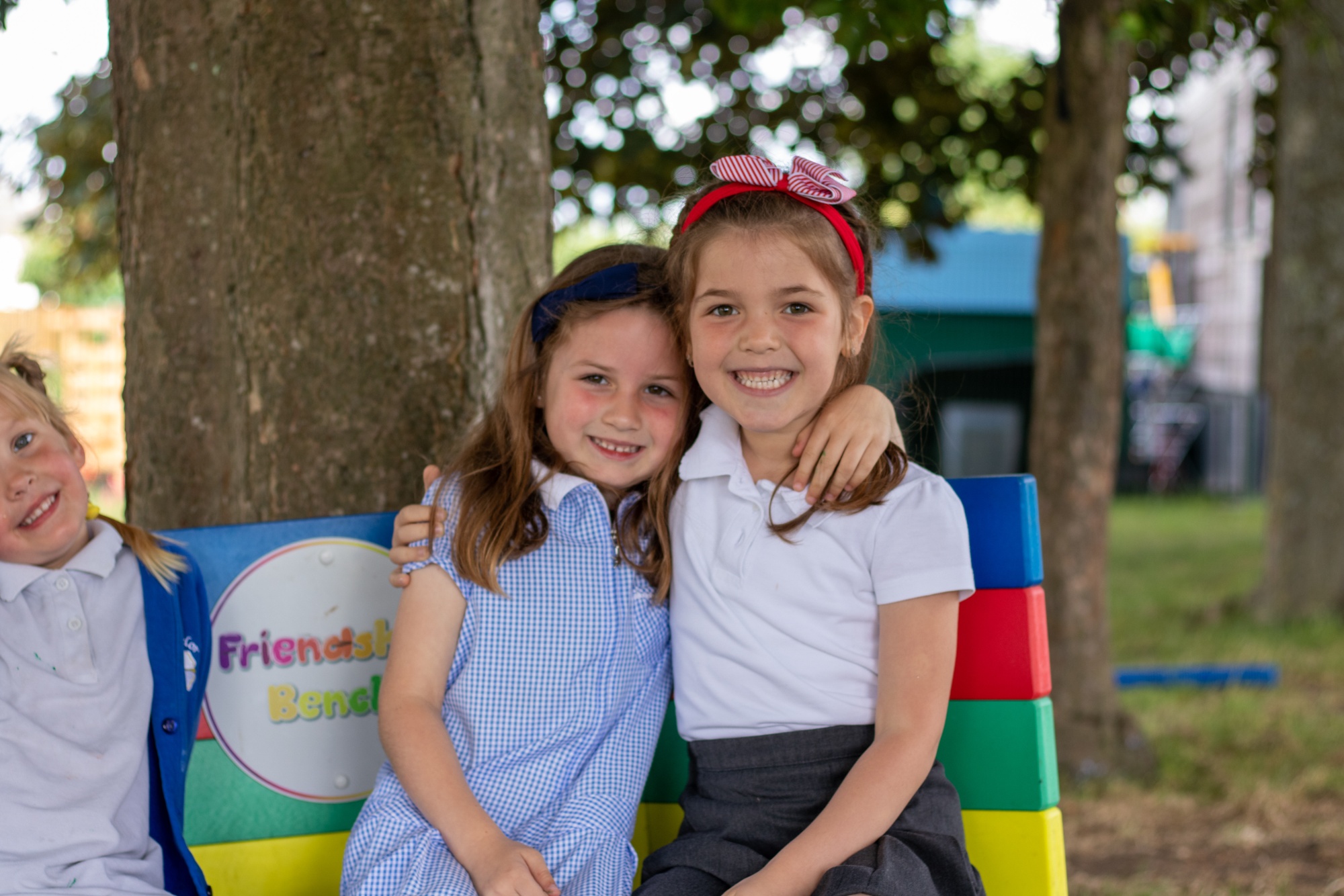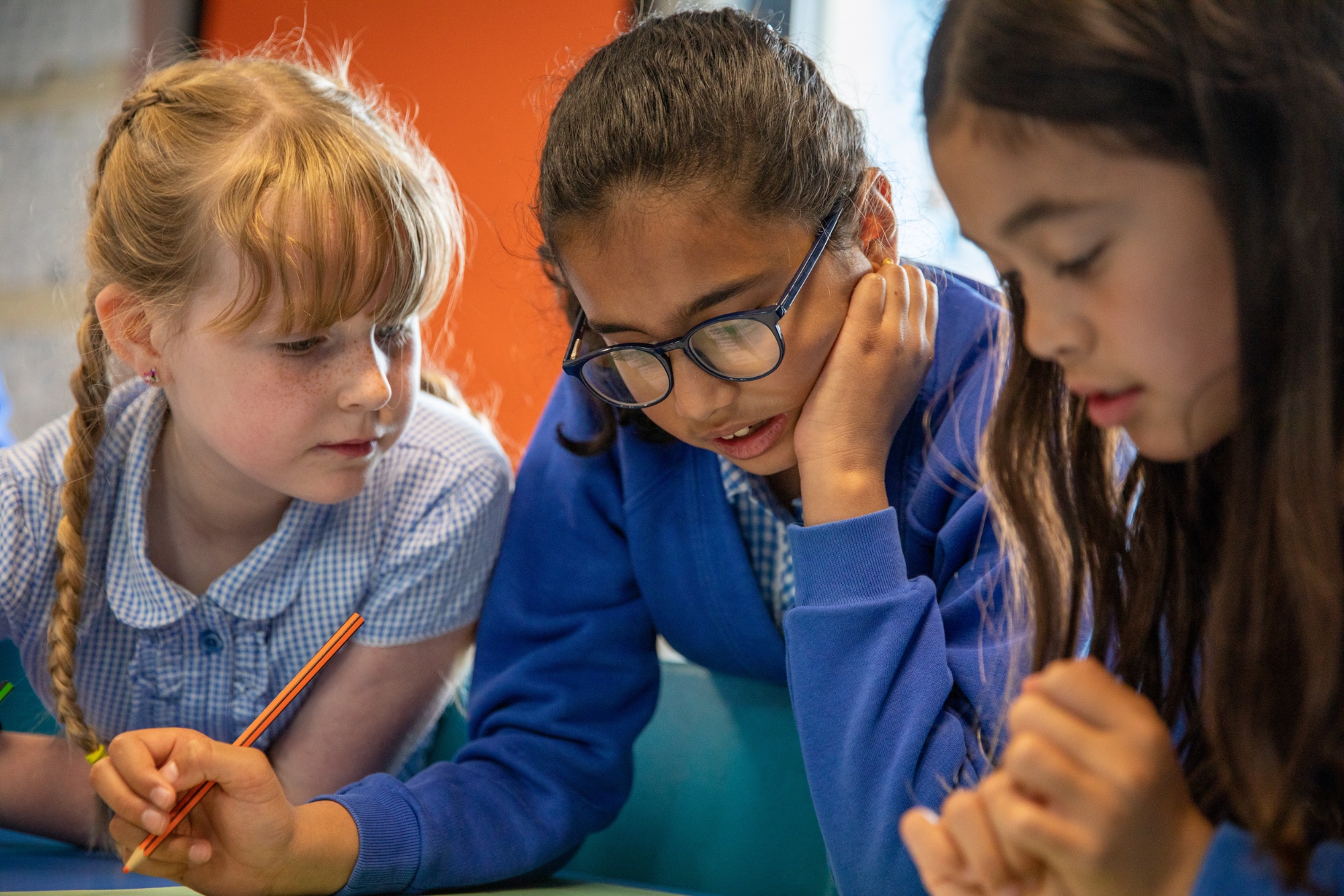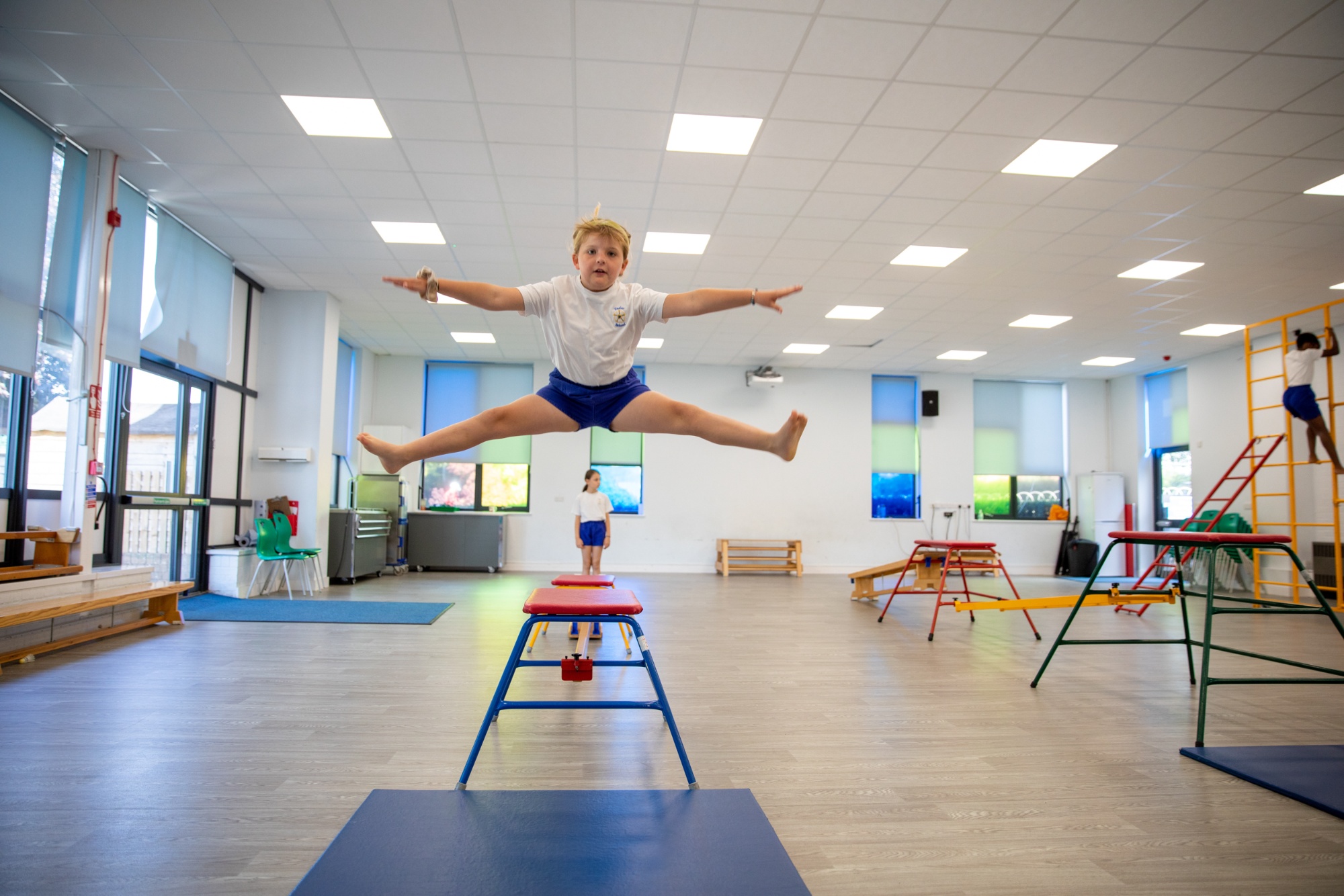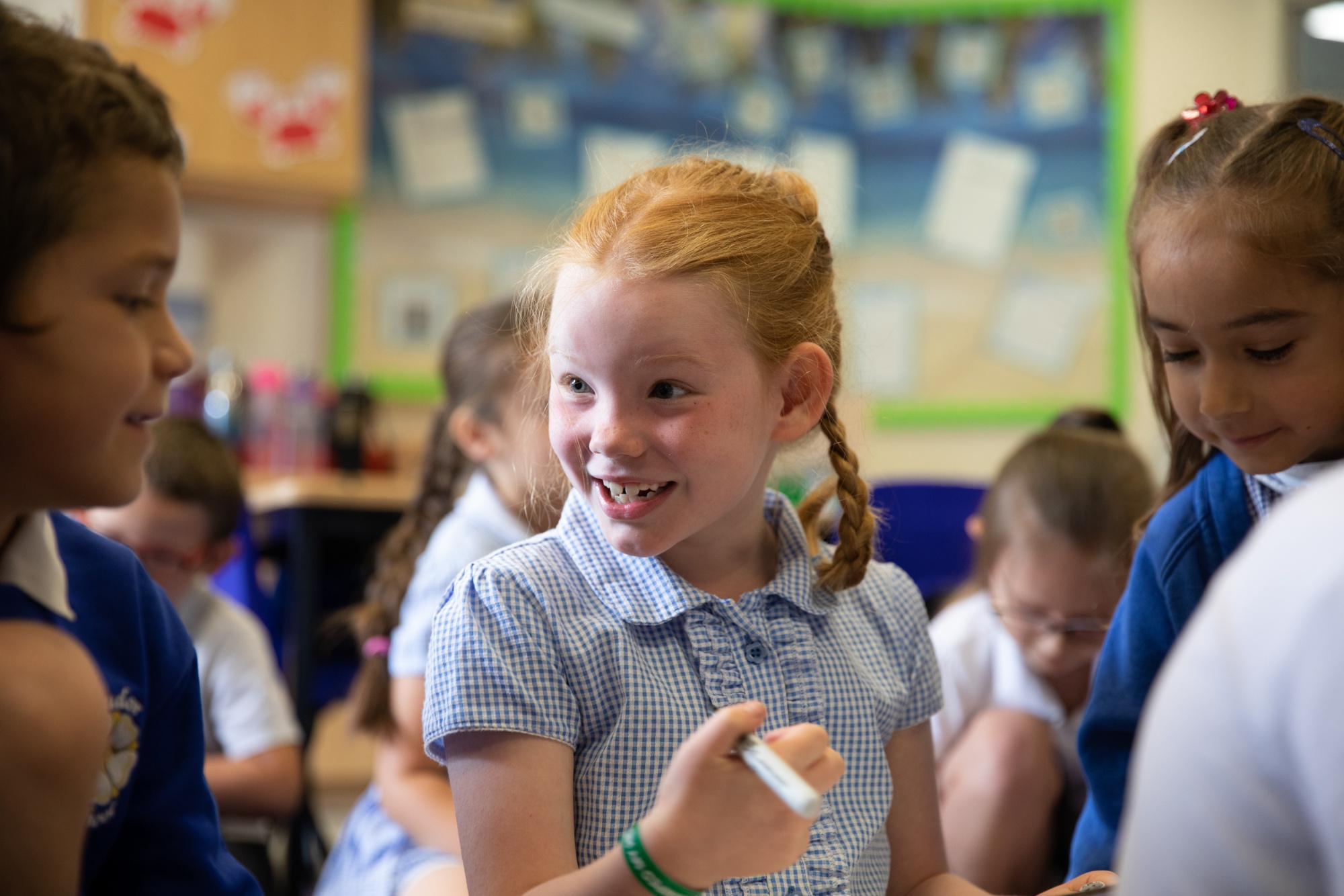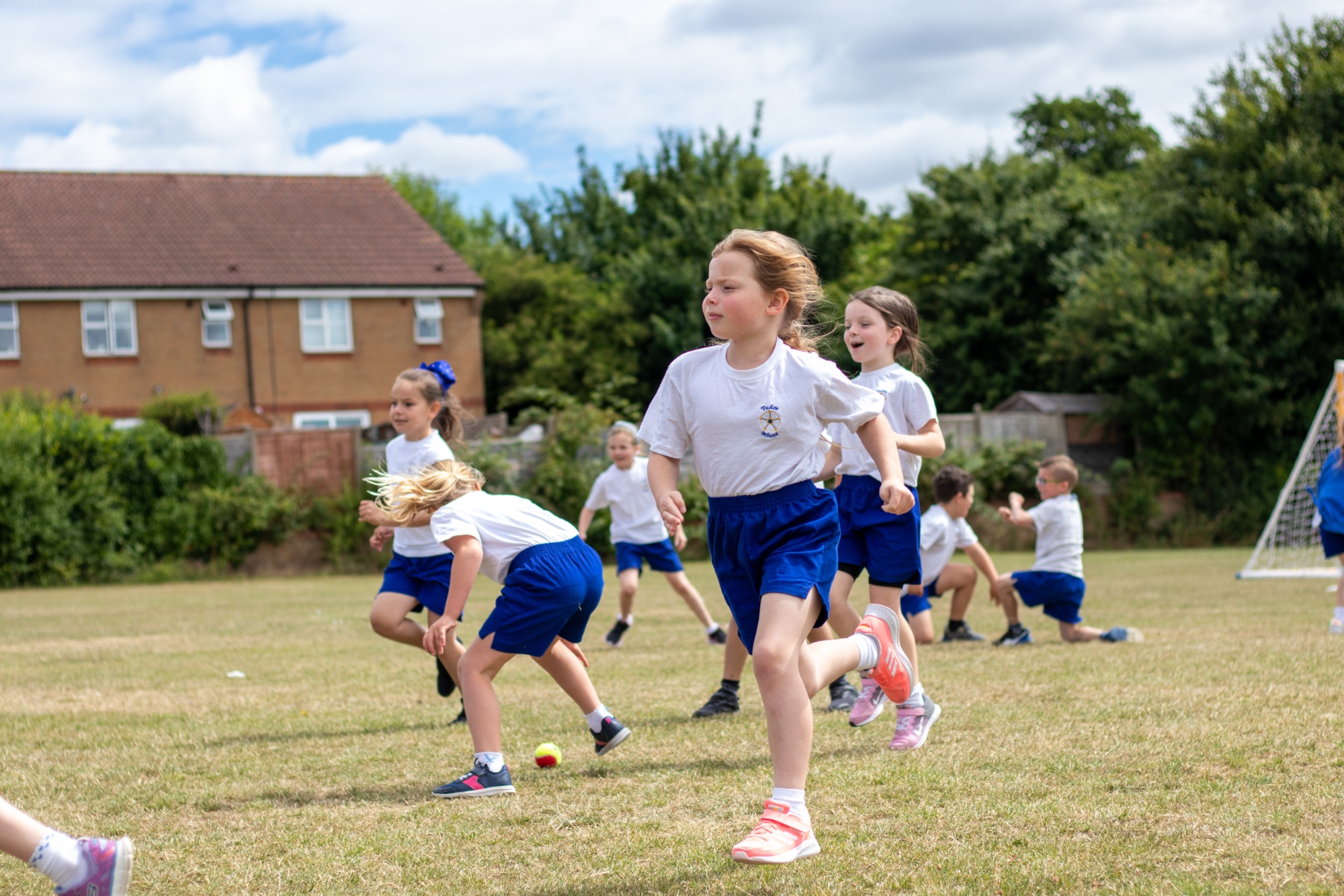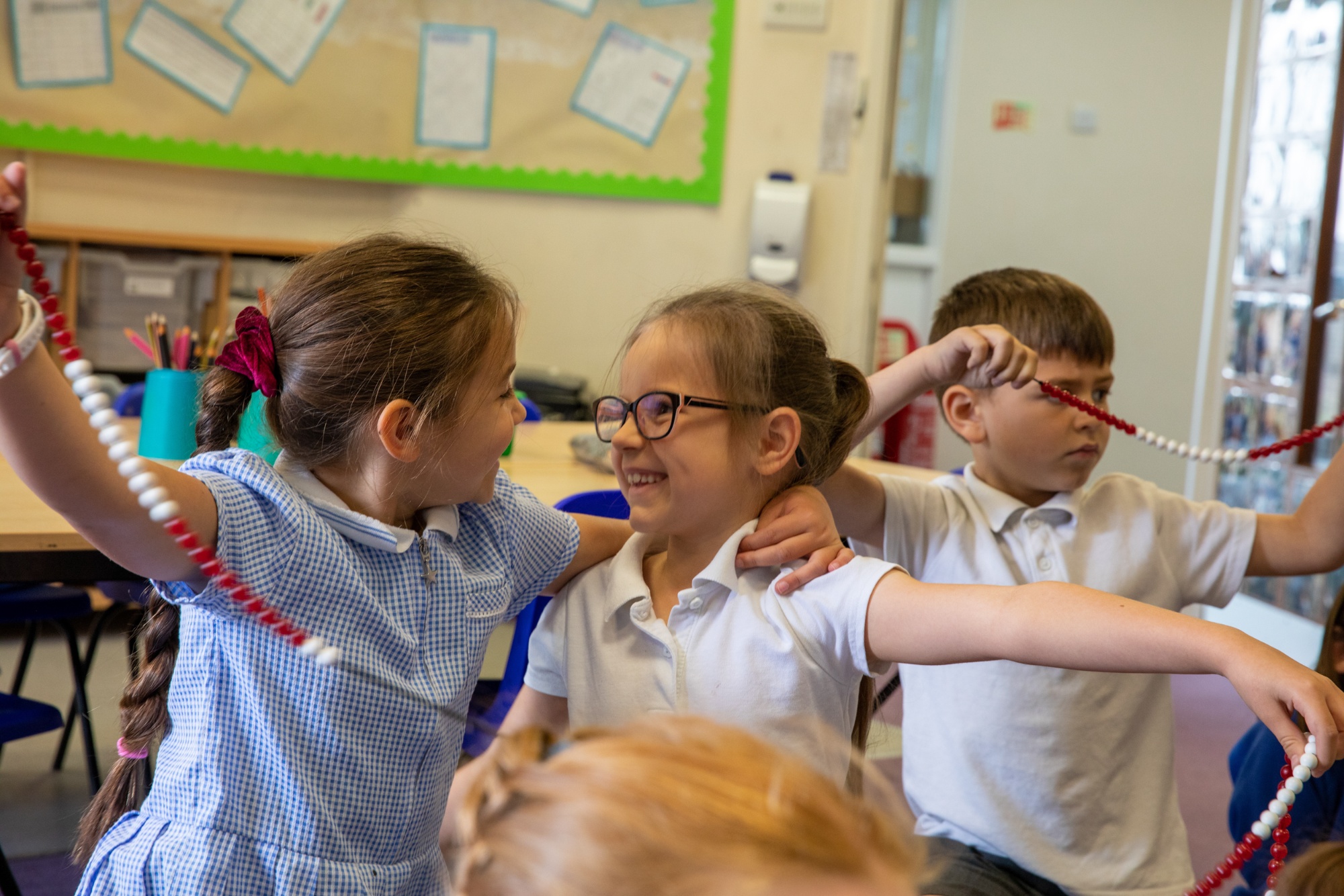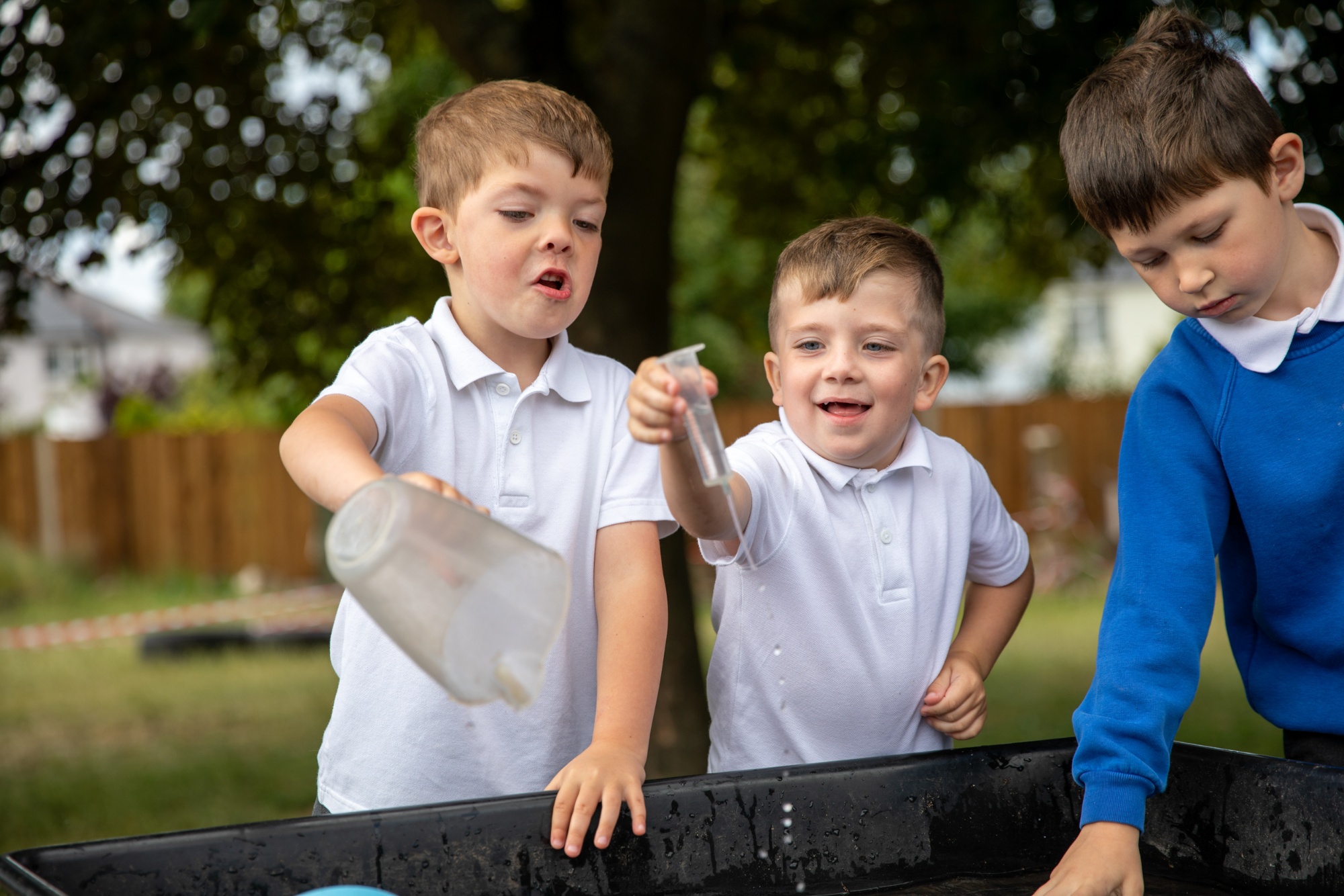Ideas shared by Herts4Learning...
The following was shared by Herts4Learning who provide support to education settings in our county and country-wide.
Here are nine thoughts and ideas for helping parents to make home-learning successful:
- Be flexible with what works best. Home-learning does not have to be exactly arranged as a school day or be as strict in the duration of each ‘lesson’ or activity. Schedule in breaks and variation to help focus. Working at home can feel far more intense than being in an energetic classroom and so it will be more challenging to stick on one task for as long as in school. Breaks and incorporating learning into other every-day activities will make it all more successful and enjoyable.
- Step back sometimes. Leading on from this, everything else going on in the world and home, focus is likely to be harder and tempers more easily frayed. Accept where your child is on any particular day and let their learning meet them there rather than worrying about getting every last piece of ‘work’ done. Your child can still be learning if they are helping with cooking, having conversations, out on walks or through play. Every activity can be a learning activity – especially when we consider the social and emotional development that can be supported though all manner of activities and talk.
- Talk talk talk. Speaking of talk, do lots of it. Talk supports reading and writing as well as all other subjects (since they all need language!). Exposure to different vocabulary and grammar through conversations with adults is a key part of learning. Talk can be about what is going on in the home, or on walks, or in the world, or about more abstract things involving reasoning and providing justifications (eg. What is your favourite flavour and why? Would you rather be a pirate or a dinosaur and why? Which Marvel character is most like your Grandad and why?). This can also include debate which is great for supporting language learning but also practising reasoning skills (this may actually deserve a blog in its own right). Bridging the space between conversation and reading, this time could also provide opportunity for storytelling in a lovely cosy way. If telling stories off the top of your head is a little daunting, perhaps a version of jackanory could be fun, or choosing pictures from the internet with your child as the basis for both of you making up a story that doesn’t need to be written.
- Read dear reader. We know reading is essential – check out this blog from the English team for advice on reading with your child. Reading enriches all other aspects of learning and school subjects and mental health, whatever the age of your child. As our children get older we tend to sit and read with them less, but this could be a great opportunity to get back into the habit of cuddling up to read or sharing a book even with teens. Using a kindle or other ebook is fine. A lot of publishing houses and ebook outlets have made accessing books for children and young people free during this period so hopefully there are plenty of options available.
- Try not to give the answer when your child is stuck. It is tempting, I know, but it actually is better for learning if there is some ‘struggle’ or ‘working out’. These sorts of questions/approaches may be useful to support this process:
- Ask them to talk through where they are stuck and what they can do up to the point of where they are stuck (explaining it out loud may help them realise that they can do it or apply similar thinking to this sticky bit)
- Ask what they recognise from the question/task and what seems to be the tricky bit
- Ask if there is something they have learned before that may help (previously taught or encountered strategies, sounds, facts from another subject etc)
- Ask them what would be a good place to find out the answer and support them trying to find it for themselves (online or looking back at previous work they have done or in a dictionary and so on).
- If these things aren’t successful, model for your child how you would find out the answer or the method/strategy you would take. Pause regularly and ask them to recap or get involved so that they can learn from you.
- It is ok to not know an answer. There are plenty of things that our children will be doing that we aren’t necessarily familiar with. It is important for our children to understand that learning is an ongoing process throughout our life, so it is actually really helpful for you to say ‘I’m not sure about that, how would I be able to find out?’ and then model that finding-out with them.
- Encourage your child to explain what they are doing. By talking through an activity, task, question, thought process or answer and explaining why they think what they think, their learning will be even further embedded. Ask them to teach you – by teaching others we deepen our understanding.
- Checking over work. If your child is writing, ask them to read their sentences or paragraphs out loud (can do at the end, or even better, in little ‘check-stops’ as they go). In doing this, they may notice a spelling, punctuation or grammar mistake and be able to edit it. This sort of process builds a self-awareness in children as well as developing their sense of self-empowerment – that they can identify and fix things themselves.
- Do a ‘daily roundup’. This is something that is positive for developing that self-awareness mentioned above and is beneficial for supporting mental health as well as learning. The idea is that each evening you spend some time going round those in the household asking them for some of their ‘positives’ from the day. I like the idea of doing it as a ‘high-five’ with five things to report (but of course can be fewer – ‘take three’ perhaps - if more appropriate):
- One thing that you learned today (could be something you didn’t know before or a skill that you learned or got better at)
- One thing that made you curious or interested you (could be in the context of school-learning but also could be from any activity)
- One time you were proud of yourself today (eg. trying hard at the maths question even when I was stuck, or, sharing with my sister)
- One positive experience today when you were happy (could be as simple as eating something tasty or seeing some pretty flowers, or something bigger like spending lovely time with family or winning a game with siblings)
- One thank you (something you would like to thank someone in, or out, of the household for, eg. thank you to Grandma for telling me a story on the video call)

